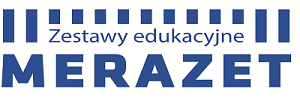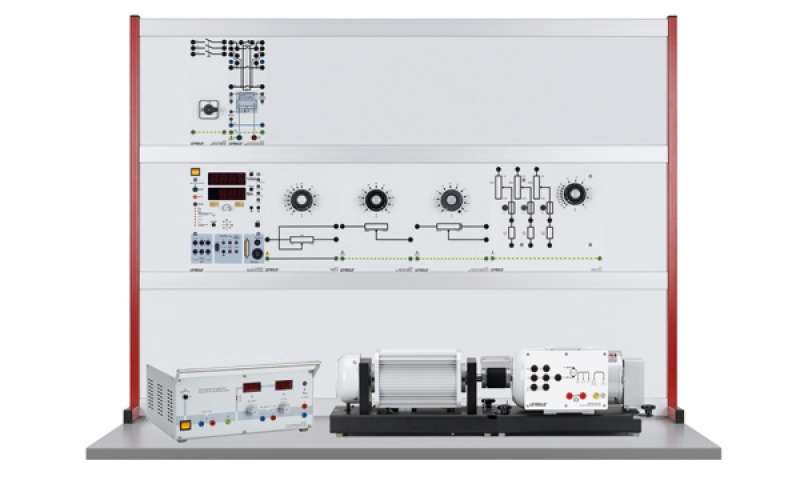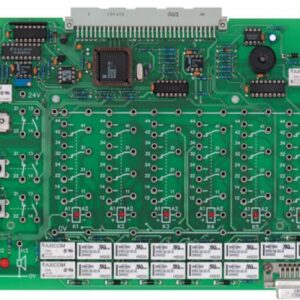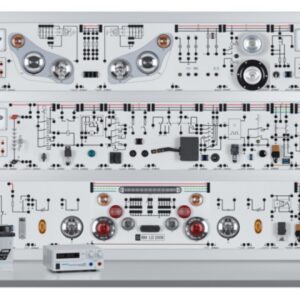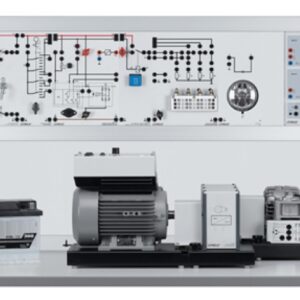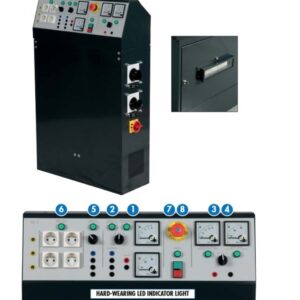Opis
Eksperymenty są przeprowadzane przy użyciu maszyn przemysłowych. Wszystkie maszyny testowe posiadają specjalną podstawę do podłączenia systemu testowania maszyn 0.3. System testowy może być wykorzystywany do rejestrowania charakterystyk testowanych maszyn. Zasilanie maszyn jest dostarczane przez specjalne zasilacze laboratoryjne.
Cele
- Środki ochronne i bezpieczeństwo elektryczne
- Ustawianie maszyn elektrycznych i ich uruchamianie
- Użycie obwodów rozruchowych
- Ocena charakterystyk maszyn elektrycznych
Podczas rozruchu pod dużym obciążeniem, w przemyśle kruszącym skały, cementowym lub w hutach żelaza, silniki prądu stałego są uważane za niezbędne. Ich zdolność do radzenia sobie z wysokimi szczytami momentu obrotowego i liniową reakcją prędkości w szerokim zakresie stanowią ich charakterystyczne cechy. Silniki DC są również szeroko stosowane w małych rozmiarach, np. w pojazdach silnikowych, gdy dostępne jest tylko zasilanie prądem stałym. Gama silników prądu stałego LEYBOLD w klasie znamionowej 0,3 kW obejmuje maszyny z uzwojeniem szeregowym, bocznikowym i złożonym. Modułowo zaprojektowane eksperymenty przekazują podstawy działania silnika i generatora. Generatory prądu stałego działają na zasadzie indukcji elektromagnetycznej. W praktyce są one obecnie rzadko używane, ale pozwalają na fundamentalny wgląd w funkcjonowanie maszyn elektrycznych i dlatego są interesujące z edukacyjnego punktu widzenia.
Funkcje
- W celu ochrony przed przegrzaniem, uzwojenia stojana maszyn testowych są wyposażone w czujniki temperatury
- W przypadku wystąpienia przegrzania, system testowania maszyn automatycznie wyłącza testowaną maszynę, zapobiegając w ten sposób jej uszkodzeniu.
- Maszyny testowe są wyposażone w edukacyjnie zaprojektowaną listwę zaciskową z nadrukowaną konfiguracją uzwojenia.
- Końce wszystkich uzwojeń są podłączone do listwy zaciskowej i można uzyskać do nich dostęp za pomocą 4-mm gniazd bezpieczeństwa.
- Komputerowa akwizycja danych pomiarowych zapewnia znaczące wyniki pomiarów.
Kompletny zestaw nadaje się zarówno do eksperymentów studenckich w laboratoriach o niskim napięciu zasilania (230 V AC), jak i do ustawienia na mobilnym wózku w celu demonstracji przez nauczycieli w klasie. Procedury eksperymentów są zawarte w drukowanej instrukcji.
Grupą docelową są praktykanci i studenci budowy maszyn elektrycznych. Kurs oferuje eksperymenty na poziomie średniozaawansowanym, a także pozwala na niezbędny wgląd w zachowanie maszyny w celu naukowej interpretacji na poziomie licencjackim.
W E2.5.2 Przemysłowe napędy prądu stałego maszyny prądu stałego są obsługiwane za pomocą przetwornicy statycznej. Kontynuując podstawowe eksperymenty, kurs ten bada reakcję maszyn w zamkniętej pętli sterowania prądem i prędkością.
Tematyka
- Projektowanie i działanie maszyn prądu stałego
- Reakcja twornika i komutacja
- Maszyny z uzwojeniami szeregowymi
- Możliwości zmiany prędkości
- Konwersja energii
- Maszyny z uzwojeniem bocznikowym
- Praca ze stałą prędkością
- Samowzbudzenie
- Charakterystyka prądowo-napięciowa
- Charakterystyka obciążenia
- Możliwości zmiany prędkości i dostosowania do obciążenia
- Rozruch i hamowanie
- Charakterystyka generatorów
- Wydajność energetyczna
Podobne do ilustracji
